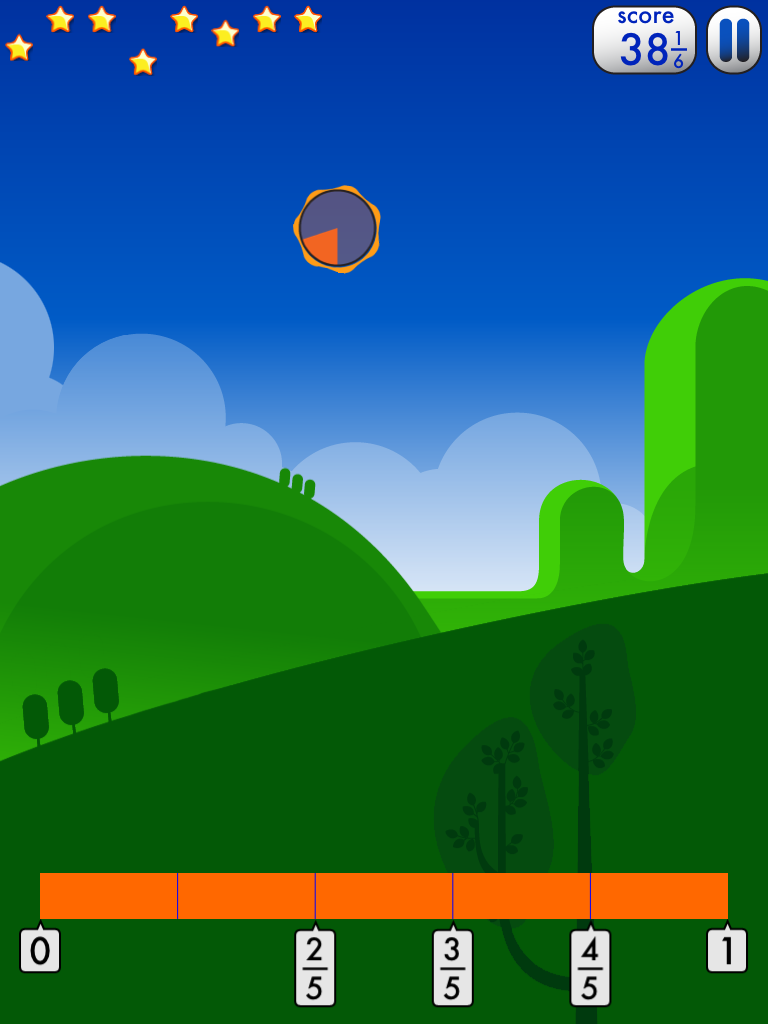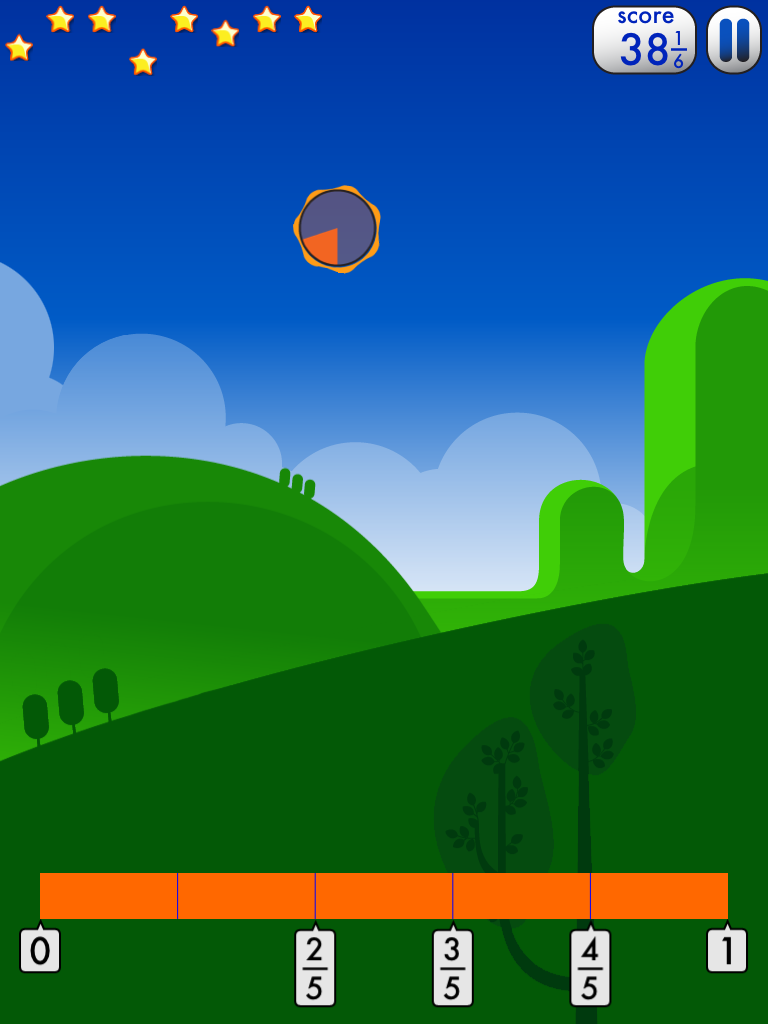But Are They Really Learning? Evaluating Student Engagement


Motion Math co-founders, Jacob Klein and Gabriel Adauto, have just announced the results of a recent study evaluating student engagement with their iPad app. It is easy to think that through the use of good pedagogical and usability principles learning is happening. Motion Math decided to put one of their apps, a fractions estimation game for the iPad, to the test. Professor Michelle Riconscente, an expert in educational technology and assessment at USC, was commissioned through a grant from the Noyce Foundation to determine if Motion Math HD helped children master estimation of fractions on the number line and gave the students a more positive attitude toward learning fractions. The test items were taken from the California Standards Test (CST), the National Assessment of Educational Progress (NAEP), and Trends in International Mathematics and Science Study (TIMSS).
GameDesk recently published the results of Riconscente’s study of 122 5th graders. The main findings showed students who played Motion Math for 20 minutes for five days improved on a fractions test by an average of 15%. Students’ attitudes towards fractions improved 10%. Overall students rated the game as fun and that it helped them learn.
While some reviewers feel this is overkill, Motion Math believes scientific methods are necessary to create a design process that moves educational product design forward. Without studies such as this one, “How can parents and teachers be configent that a learning app actually helps children learn?”
Read the full story “But Are They Really Learning? The First Controlled Study of an iPad Learning App” December 21, 2011, Cooney Center Blog.

